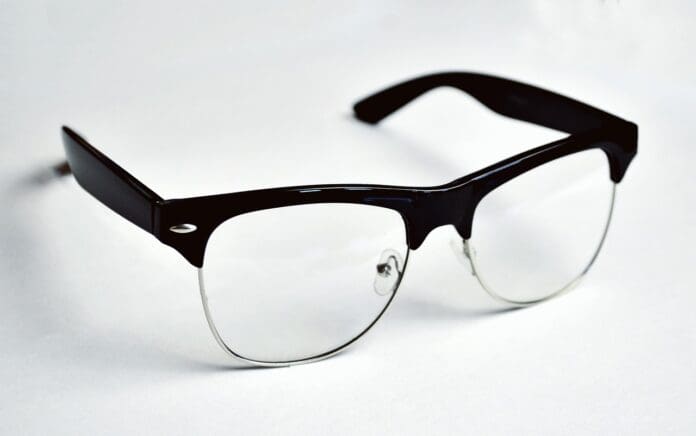This post is also available in:
 עברית (Hebrew)
עברית (Hebrew)
Baidu, a tech giant in China and leader in artificial intelligence, has introduced a new product: AI-powered smart glasses. Announced at Baidu’s keynote event in Shanghai on November 12th, the Xiaodu smart glasses are set to launch in the first half of 2025, initially in China. The company claims they will be the world’s first “native AI glasses” powered by its proprietary large language model, Ernie.
Baidu’s Xiaodu smart glasses are designed to serve as a personal assistant, offering a range of functions that include health tracking, music playback, video recording, and answering user queries. The device’s integration of Ernie Bot, Baidu’s cutting-edge AI, allows users to interact with the glasses in a seamless, conversational manner. This marks a major leap forward in the use of AI in everyday technology.
With a focus on convenience and usability, the glasses are equipped with a 16MP ultra-wide camera featuring an AI-powered anti-shake function, four microphones, and open-design speakers to prevent sound leakage. Additionally, the glasses are built to be lightweight, weighing just 45 grams, and offer impressive battery life—up to 56 hours on standby and more than 5 hours of continuous use. The glasses also support quick charging, with a full charge taking just 30 minutes.
Baidu’s foray into the smart glasses market positions it to challenge global competitors, particularly Meta, which launched its own smart glasses in 2023. While Meta’s smart glasses are priced up to $379, Baidu’s Xiaodu glasses could be poised to appeal to the rapidly growing AI market in China. However, Meta is unable to sell its devices in China due to regulatory restrictions, giving Baidu a unique advantage in its home market.
With over 430 million users of its Ernie Bot and impressive AI capabilities, Baidu is clearly setting the stage for a new era of connected, intelligent wearables. If the Xiaodu glasses perform well in China, Baidu could look to expand internationally, potentially challenging the dominance of American tech giants in the wearable tech space.


























